Our history
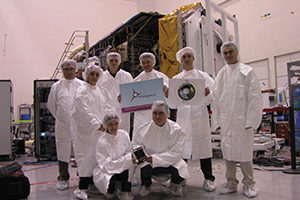
2006
The University of Montpellier (UM) responds to the CNES (French Space Agency) request for “EXPRESSO” proposals.
The design of the 1st university 1U nanosatellite, ROBUSTA-1A, is born!
2011
The board of directors of the UM votes for the creation of the Montpellier University Space Center (CSUM), a technology platform designed to develop and bring together resources and skills in engineering, production, operation, testing and application of nanosatellites. To meet the needs of the space sector students are involved in such activities through internships and projects.


2012
February
ROBUSTA-1A becomes the first French nanosatellite in orbit after its launch aboard the European VEGA rocket.
November
The Van Allen Foundation, a partnership foundation of the UM, is created.
2013
The 1st 3U nanosatellite project, ROBUSTA-3A, begins. Like the CSUM 1U nanosatellites, it has been entirely developed by the CSUM.
2015
The Van Allen Foundation launches its “Partners’ Club”. This allows companies to work together in a nanosatellite information exchange network.

The UM becomes a member of the Space Care collective, created by the CNES, aimed at the establishment of a law on space, the LOS (Law on Space Operations).
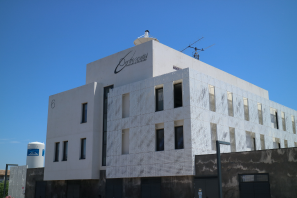
2016
The CSUM moves into the first dedicated French University Space Centre building, supported by the Occitanie Region. The ambition is to bring together under one roof project, research, and industry personnel alongside all on-board and ground hardware for the development of nanosatellites.
2017
ROBUSTA-1B, the second nanosatellite of the CSUM, becomes the second French nanosatellite in orbit after its launch aboard the Indian PSLV rocket. More than 50 students participated in its design. ROBUSTA-1B is still operational today.
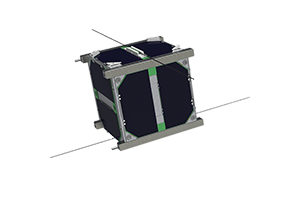

2019
The Van Allen Foundation launches the “Friends of the Foundation”. Members support local economic development through a dynamic network of stakeholders in the space sector.
MTCube, the third CSUM nanosatellite, is launched aboard the Russian SOYUZ rocket. At the same time, the MTCube-2 project is launched.
Following discussion with our founder members and members of the Foundation’s Partners’ Club, the LPRO AIT (Assembly, Integration and Testing) postgraduate degree, the first such course in France, is created and opened to students, at the IUT of Nîmes.
2020
The Van Allen Foundation launches its “Grands Mécènes” (Major Donors) programme. This category of partnerrship is intended for major stakeholders in the sector, wishing to support and/or be part of the network and projects of the Montpellier University Space Centre.
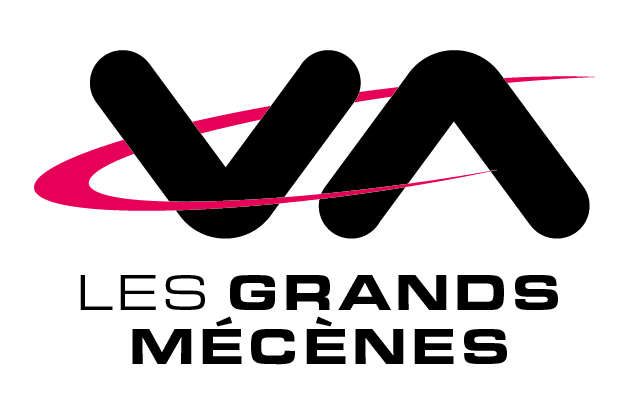
The Foundation creates its scientific committee whose purpose is to launch Calls for Ideas, and to evaluate the interest and relevance of the responses in order to propose new nanosatellite missions.
The CSUM is behind the launch of the MS DSS, a new university course in the Development of Space Systems opened at the Polytech of Montpellier in partnership with the IUT of Nîmes.
2021
The 1st Call for Ideas from the Van Allen Foundation’s Scientific Committee is launched.
At the beginning of the 2021 academic year, the DE DSS becomes a Master’s degree certified by the Graduate School of Engineering as a Master’s in the Development of Space Systems. This course is also opened internationally in Djibouti and Senegal.
A joint declaration was signed on June 15 between the University of Montpellier and the Principality of Monaco to build lasting cooperation. This may take the form of partnerships around key global and Mediterranean issues.
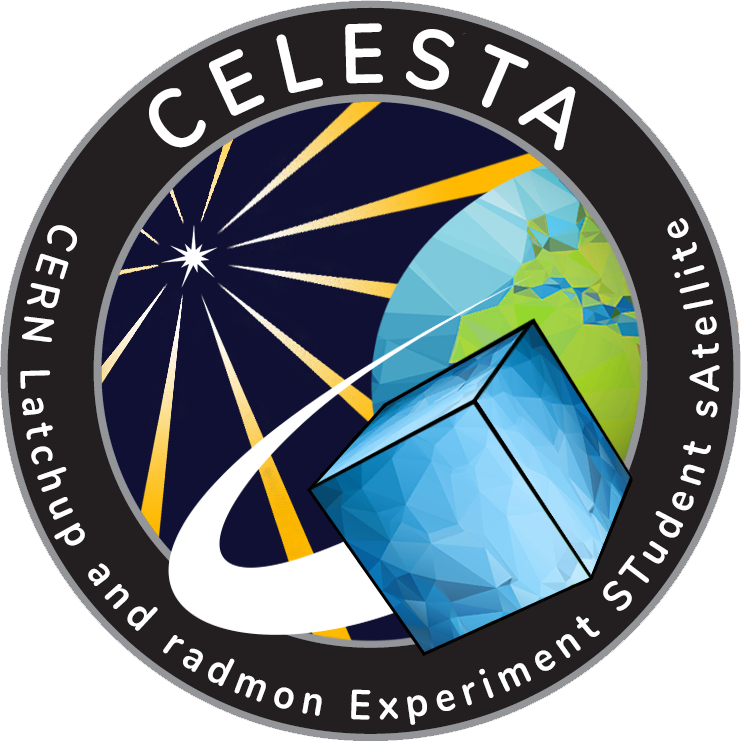
2022
CELESTA and MTCube2, 4th and 5th CSUM’s nanosatellites, get launched on european launcher Vega-C.
A guarantee of the success of the CSUM and the confidence of its founding members:
the statutes of the Van Allen Foundation are renewed for 10 years.
2023
Launch of the sixth and seventh CSUM nanosatellite platforms with DJIBOUTI-1A, the first satellite of the Republic of Djibouti.
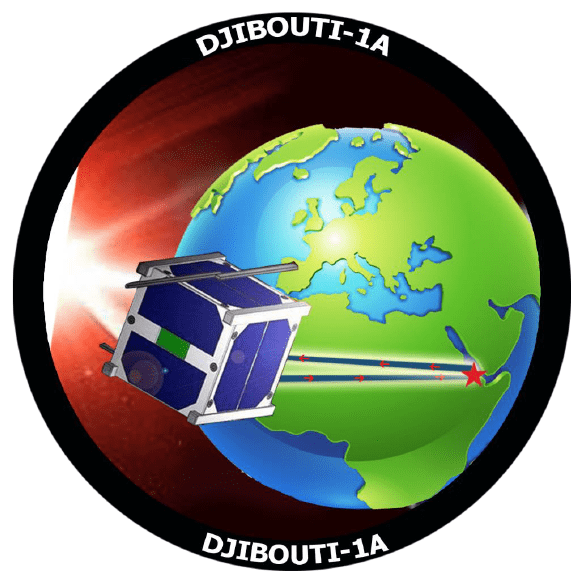
Loan follow-up by ENSO, research collaboration between the Space Center and the EXPLEO group.
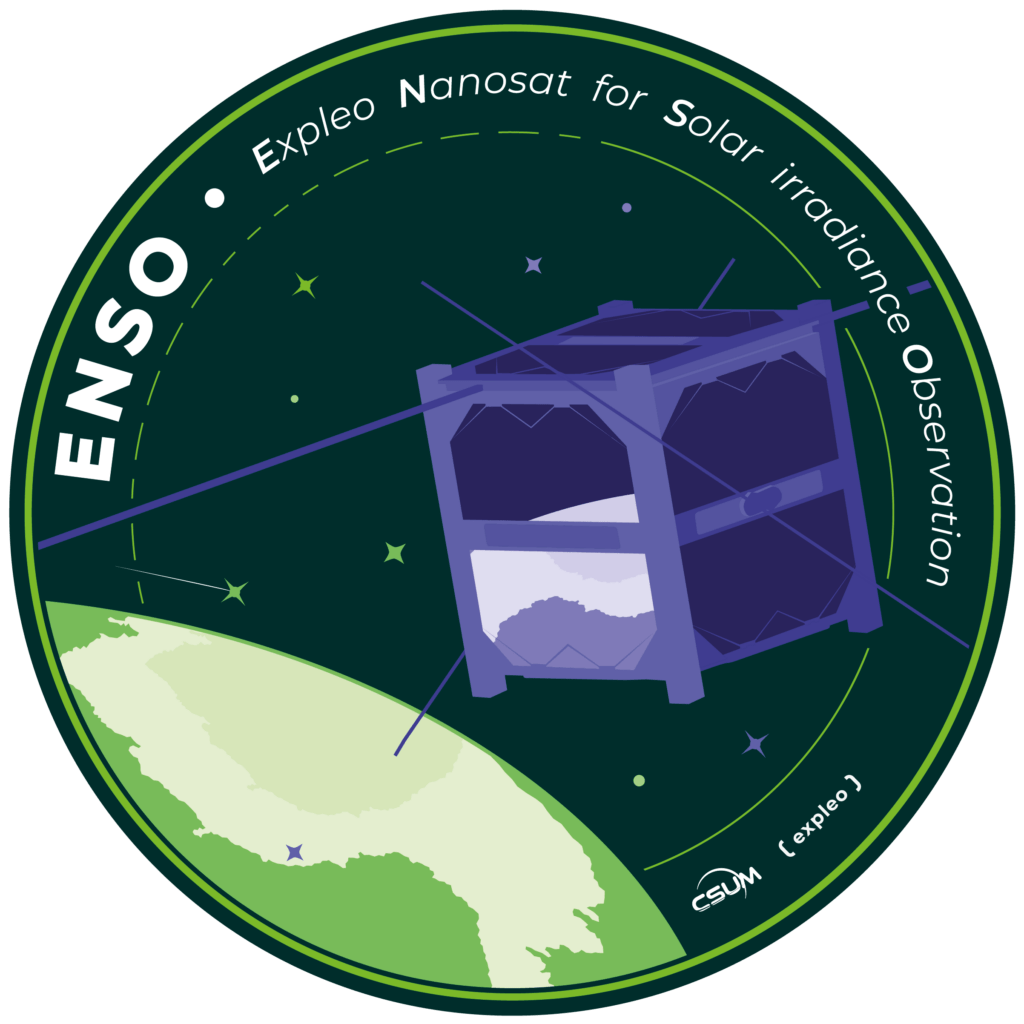
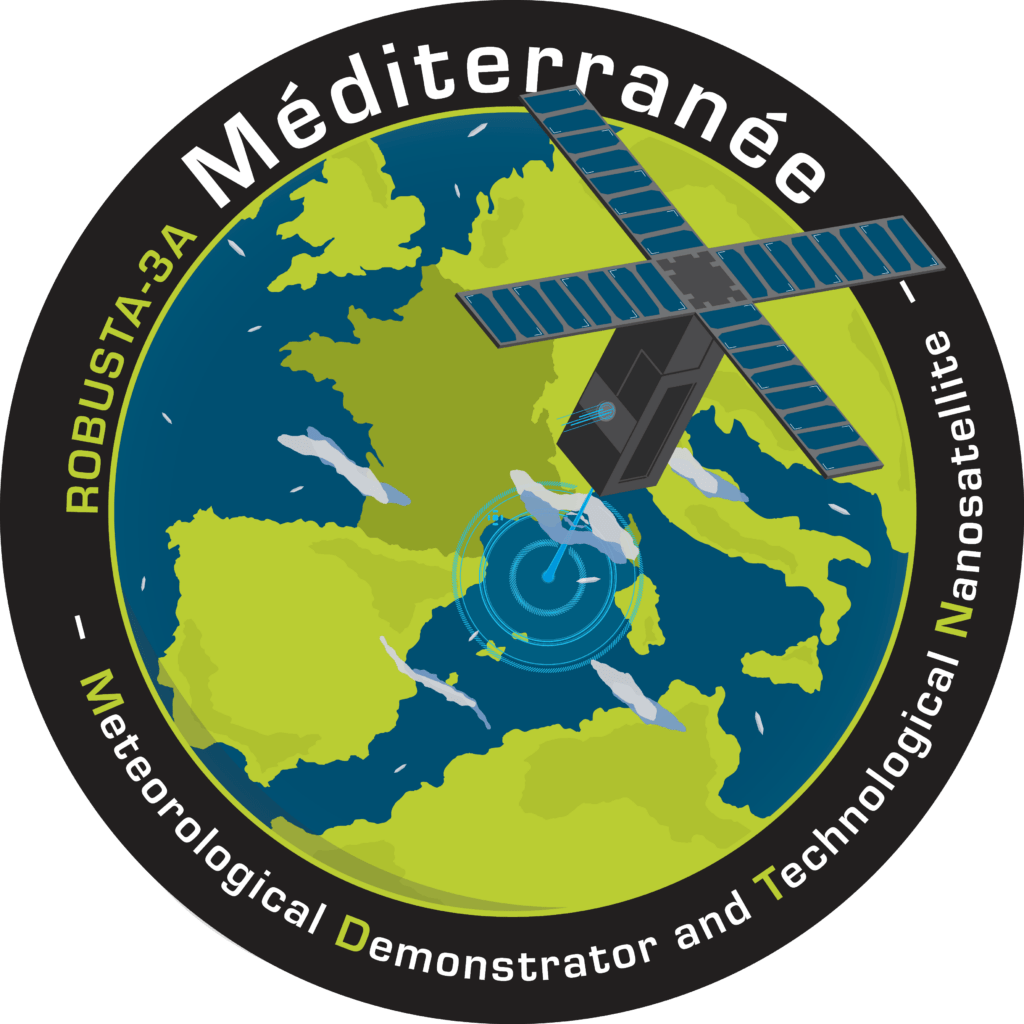
2024
Launch of the eighth CSUM nanosatellite: ROBUSTA-3A and its mission “Méditerranée” on the maiden flight of Ariane 6.
CSUM changes its name and becomes the Space Center of the University of Montpellier.
Launch of the ninth CSUM nanosatellite platform with GAINDESAT of the Republic of Senegal.